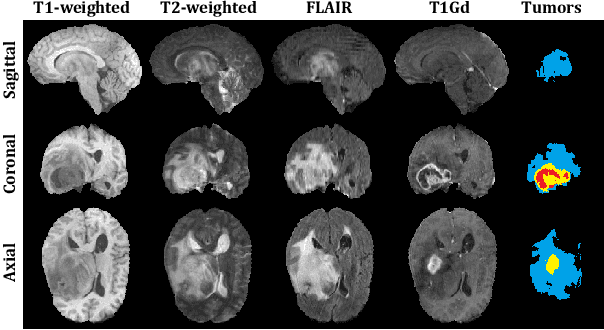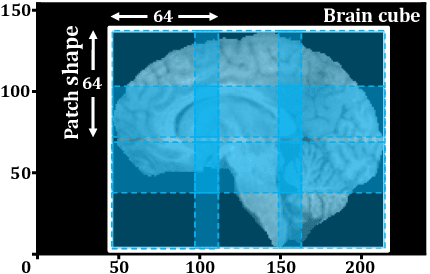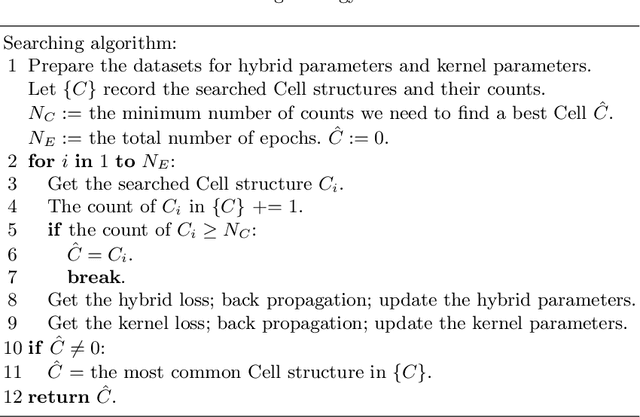Neural Architecture Search for Gliomas Segmentation on Multimodal Magnetic Resonance Imaging
Paper and Code
May 20, 2020



Past few years have witnessed the artificial intelligence inspired evolution in various medical fields. The diagnosis and treatment of gliomas -- one of the most commonly seen brain tumors with low survival rate -- rely heavily on the computer assisted segmentation process undertaken on the magnetic resonance imaging (MRI) scans. Although the encoder-decoder shaped deep learning networks have been the de facto standard style for semantic segmentation tasks in medical imaging analysis, enormous effort is still required to be spent on designing the detailed architecture of the down-sampling and up-sampling blocks. In this work, we propose a neural architecture search (NAS) based solution to brain tumor segmentation tasks on multimodal volumetric MRI scans. Three sets of candidate operations are composed respectively for three kinds of basic building blocks in which each operation is assigned with a specific probabilistic parameter to be learned. Through alternately updating the weights of operations and the other parameters in the network, the searching mechanism ends up with two optimal structures for the upward and downward blocks. Moreover, the developed solution also integrates normalization and patching strategies tailored for brain MRI processing. Extensive comparative experiments on the BraTS 2019 dataset demonstrate that the proposed algorithm not only could relieve the pressure of fabricating block architectures but also possesses competitive feasibility and scalability.
 Add to Chrome
Add to Chrome Add to Firefox
Add to Firefox Add to Edge
Add to Edge